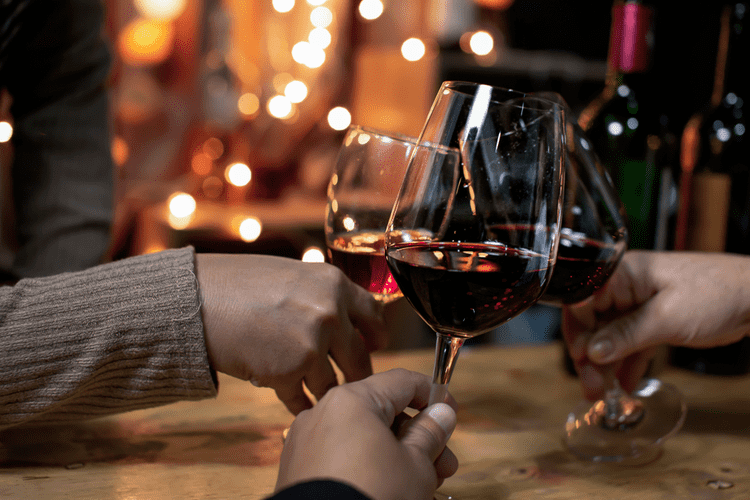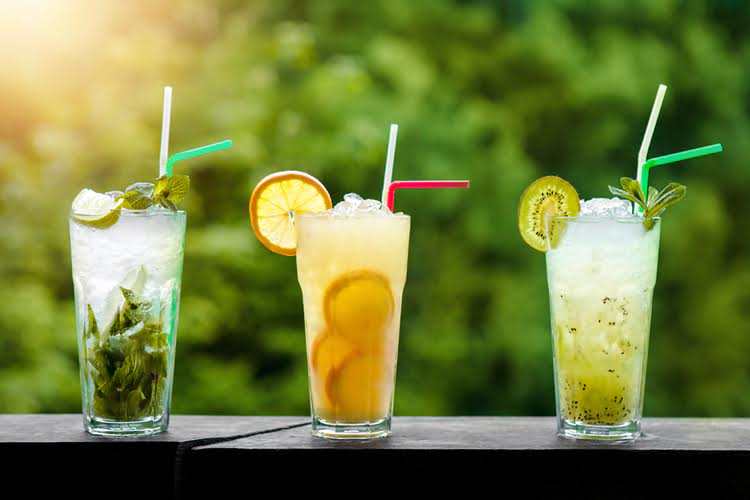Removing drugs from your life may seem like removing the fun from your life. Maintaining sobriety is more than saying no to your drug of choice. A sober life involves a major change to the Sobriety way you spend your time, and who you spend it with. It involves replacing old habits with new and healthy ones.
How Do I Stay Sober Without AA?
Creating a crisis plan can include early intervention and treatment options you can use as soon as possible after a relapse. Steps in the crisis plan may consist of re-entering medical detoxification if needed. While the initial alcohol treatment program provides a solid foundation for recovery, continued engagement with your mental health professional can be instrumental in staying sober.
In fact, studies have found that grateful people enjoy better mental health, lower stress, and a better quality of life. You deserve a lot of credit for quitting, but now is not the time to start getting cocky. If you were/are part of a rehab facility, look and see if aftercare services are offered. If you are not part of a rehab facility, consider participating in local recovery support groups, such as AA or NA meetings, online forums, and good old-fashioned making friends. A 12th Step call refers to a step in Alcoholics Anonymous where one or more sober members talk to another alcoholic still drinking. They’re able to share what their drinking was like, what eventually drove them to make a change, and most importantly, what their life is like today without the drink.
More Ways to Prevent Relapse
Loving someone with alcohol use disorder (AUD) often feels like walking a tightrope. It can be difficult to know what to do to minimize conflict and stress, support your loved one, and tend to your own needs at the same time. If you still socialize with friends who consume alcohol, make sure they know you aren’t drinking anymore, and what they can do to have your back. In general, no matter how someone else feels, you have the right to prioritize your recovery. This can be difficult, especially if you’re the kind of person who likes to please others, or you are very social.
We Can Support You During and After Treatment Through Our Alcohol Rehab in San Diego
- You’re not punishing yourself for not drinking, you’re rewarding yourself, so go out and get a massage to work out some of that tension and feel proud while you’re pampered.
- Unfortunately, relapsing is common because getting and staying sober can be extremely difficult.
- Residential treatment centers usually offer long-term care and intensive monitoring.
- Often, the struggles in recovery extend beyond the individual battling alcohol or drug addiction; they weave into the fabric of family dynamics, testing the strength of relationships.
- It can be helpful in offsetting the initial shock and isolation involved in changing your environment.
But if knowing the difference between right and wrong could solve their problem, then they would have been “cured” ages ago. No alcoholic—no person, period—wants to feel talked down to or shamed. It might seem like an effective strategy for reaching them, but it isn’t. In most cases, the alcoholic will lash out or double down on their behavior just to make a point. A common myth, even among those in recovery, is that someone has to want to get help (treatment/rehab) for the help to work.
- If you’re trying to help when an alcoholic refuses treatment, the first thing you should do is cut off any financial support or other enabling you’ve been giving them in the past.
- We recently launched our in-app chatbot, Melody, powered by the world’s most powerful AI technology.
- You’ll save money on gas, potentially groceries, and keep yourself busy in a productive manner.
- People with alcohol use disorder don’t drink in moderation, even if they say they’re only having one drink.
- In programs like Alcoholics Anonymous, alcoholics can replace an unhealthy network of drinking buddies with a group of authentic, recovering friends.
Start the conversation, and connect with a treatment provider who can help. Sober Life San Diego helps people recover from addiction and live fulfilling lives. At Sober Life San Diego, we are dedicated to giving your loved ones the care they deserve, contact us today. As you stop drinking, your frontal lobe regenerates, leading to better judgment, rational thinking, and improved impulse control.
For example, drinking alcohol can be an escape mechanism if you’re struggling in your marriage or dealing with trauma. Financial troubles and problems finding and keeping employment are major triggers for relapse, but it is possible to take baby steps and get your finances in order. Just keep in mind that your improvements won’t happen overnight. Having a chaotic or disorganized lifestyle can also hinder your recovery. It’s important to develop a structured daily and weekly schedule and stick to it. Depending on the type of dependency, PAWS can last from six months to two years after you stop using drugs or alcohol.
Develop a Support System
If you’re familiar with AA, then you’re likely familiar with the significance of milestones. Progress is often marked with plastic chips leading up to the one-year milestone, when participants typically receive a bronze coin. Focusing on building new routines and making these adjustments early on is vital to supporting your recovery and preventing a return to old behaviors. The road to sobriety is a lifelong challenge with unexpected twists and turns. When you feel the pull of alcohol, stop and check in with what that feels like. Don’t try to fight it or curse yourself for “letting” it happen, see if you can interpret how it feels; the quality of the urge.
There are many opportunities to participate in a variety sober alcoholic meaning of ways. The best place to start getting involved is through an A.A. Participating in a group helps ensure that when a person reaches out for help, A.A. Some people who’ve experienced problems with alcohol may be able to drink again, but most will not.
- This regeneration of the frontal lobes occurs over several months after you stop drinking.
- They have no emotional attachment to your loved one, only a sincere desire to be helpful to them.
- You can build protective factors and encourage the person you are trying to help in early recovery to do the same.
Online Therapy
Having a clear plan of action can help you regain control https://www.chopgo.com/how-to-know-if-youre-an-alcoholic-11-warning-signs-2/ and prevent a temporary lapse from turning into a full-blown relapse. That’s why it’s vital to stay connected to a support group and your alcohol treatment clinician. At BOLD Health, we offer support groups to help you navigate your commitment to staying sober.



